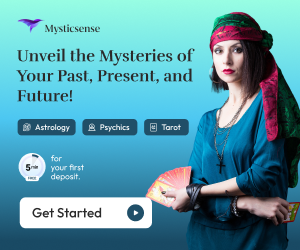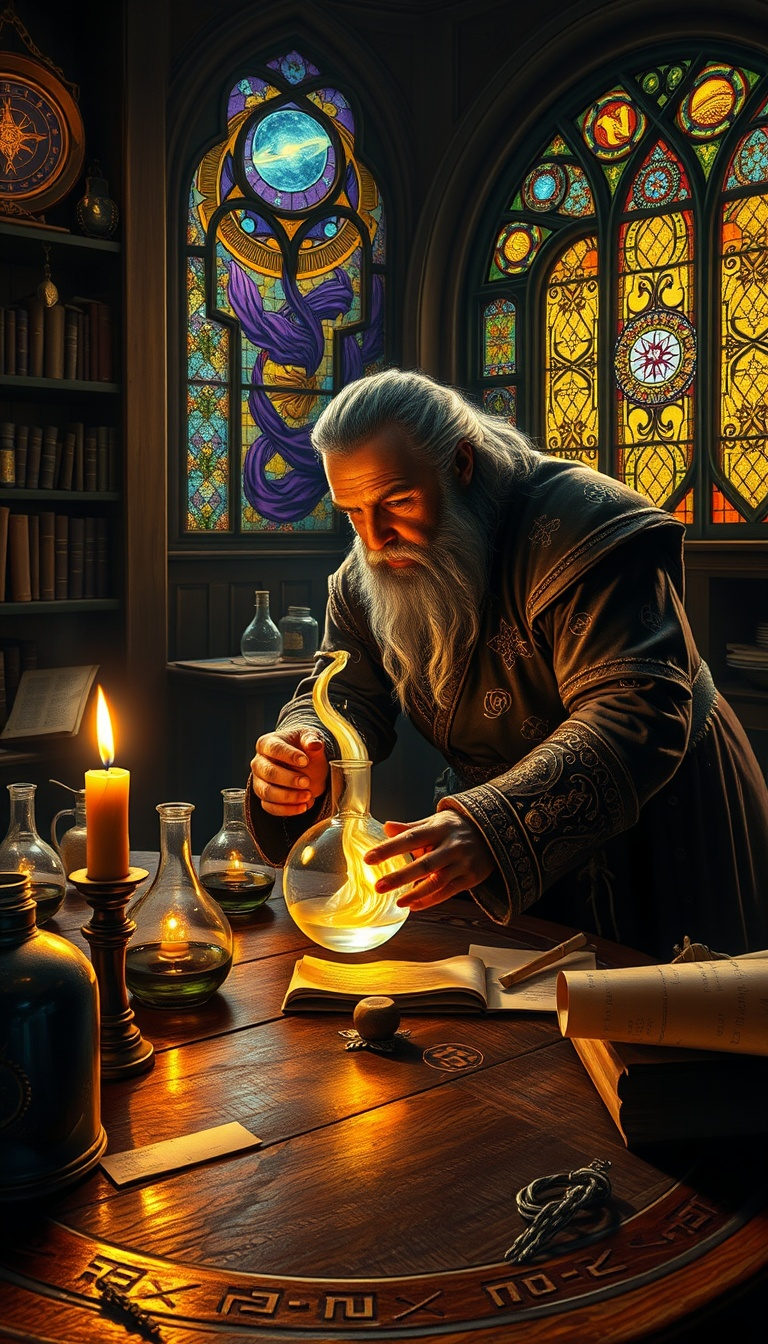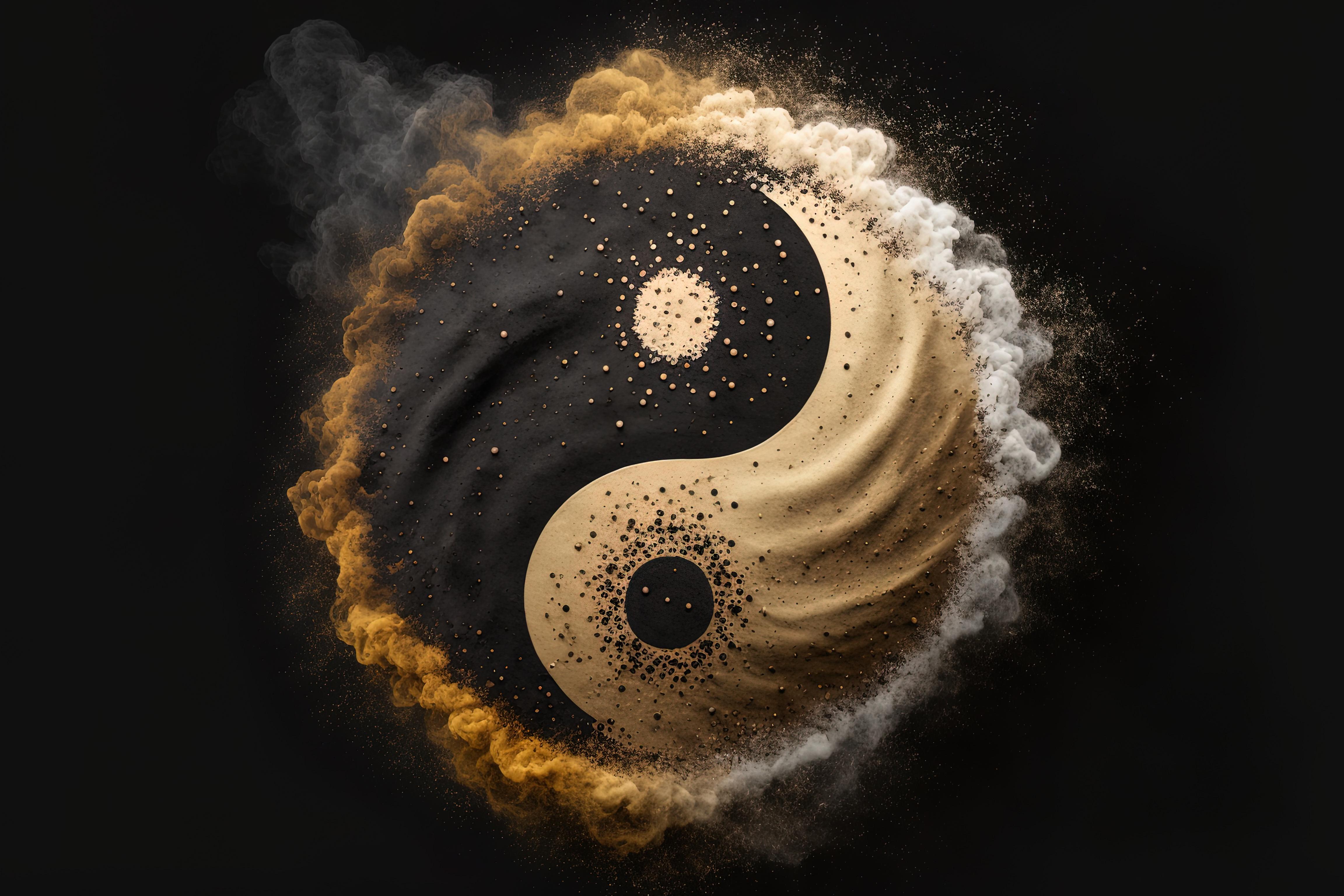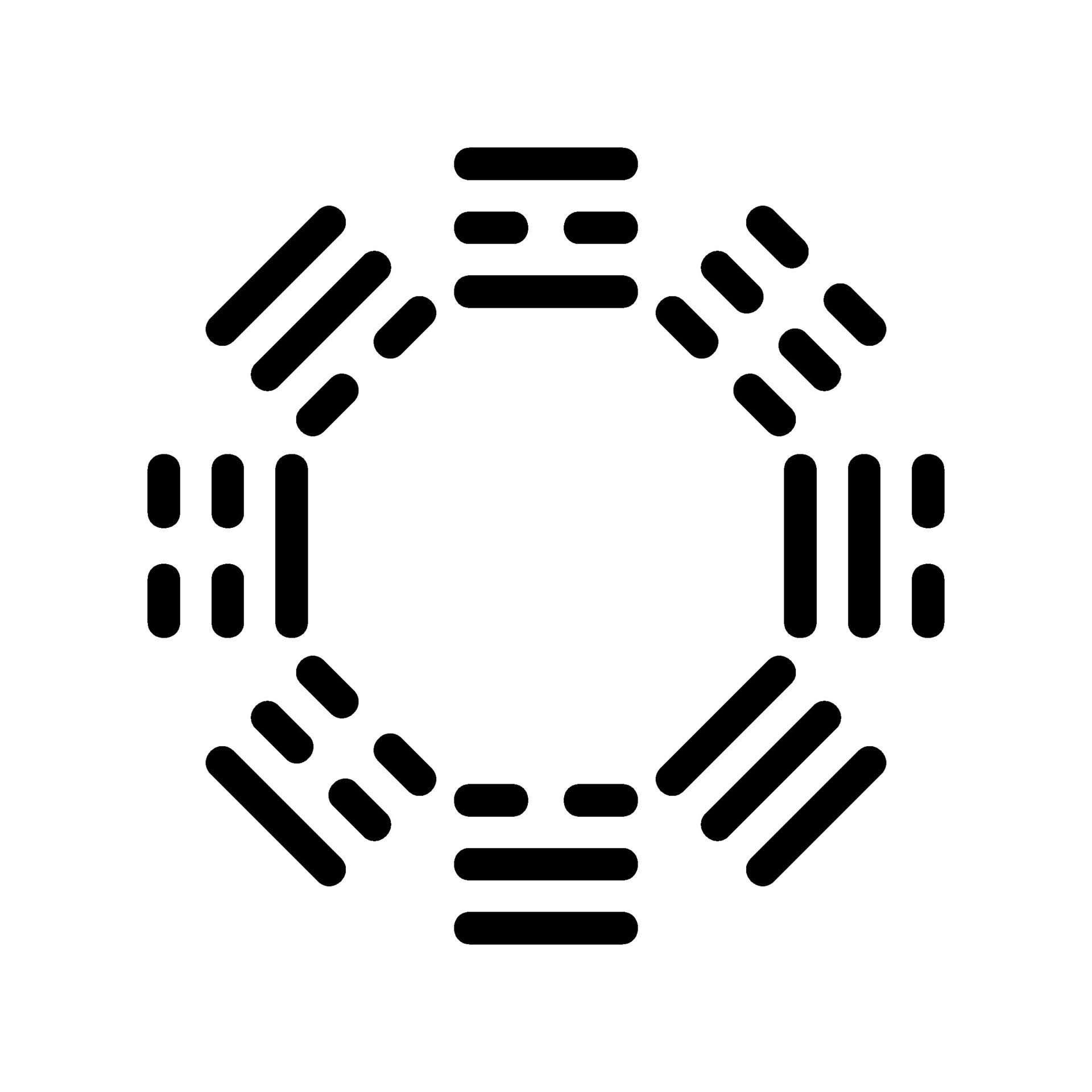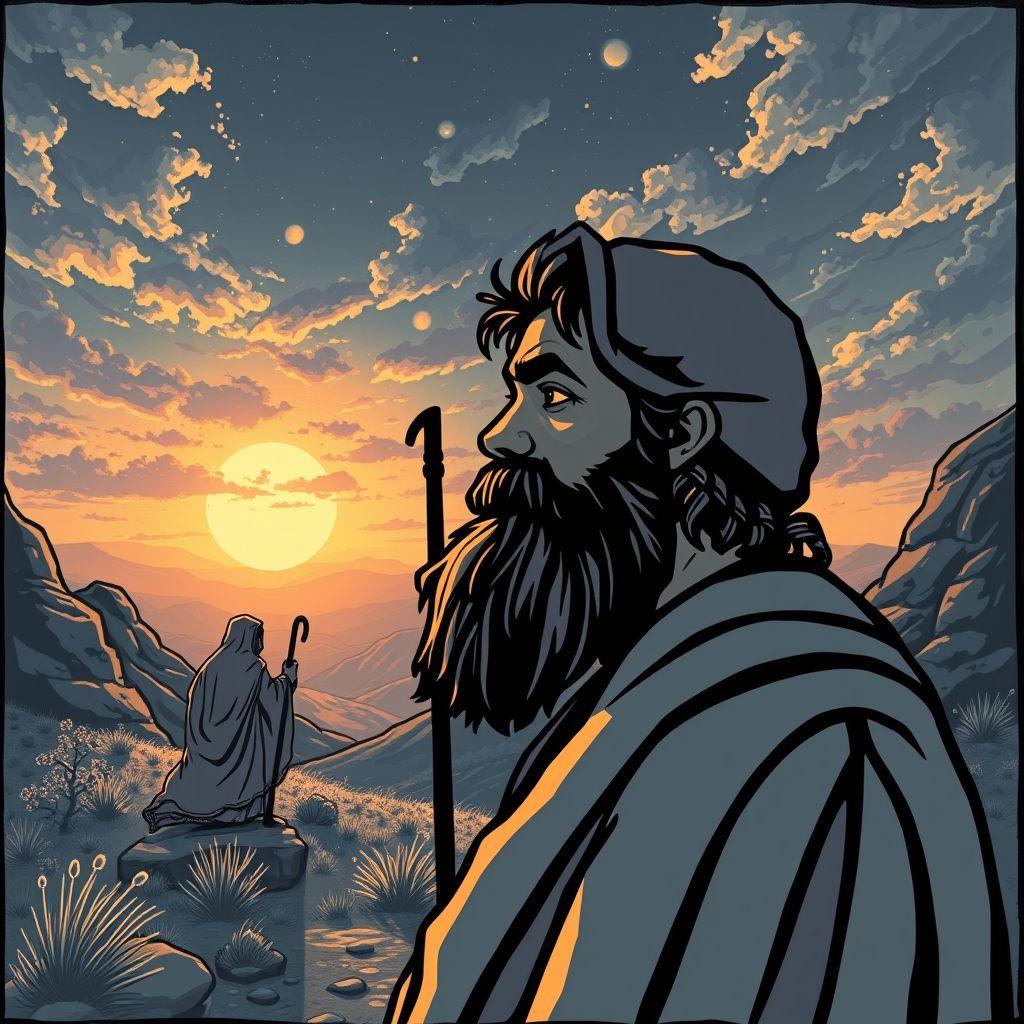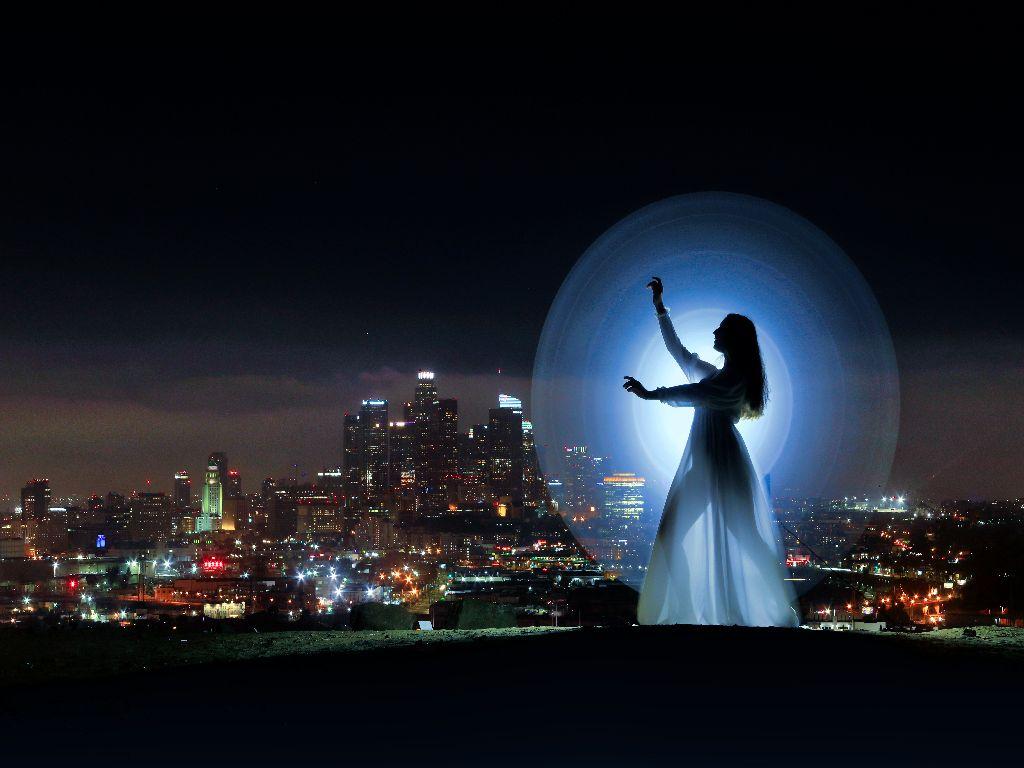Taoismu
🌬️ What Is Taoism?
Taoism is an ancient Chinese philosophy and spiritual tradition centered around living in harmony with the Tao (道) — the “Way,” the natural flow of the universe.
✨ Core Concepts
🌀 Tao (Dao)
-
The Tao is the source of all things, yet undefinable.
-
It’s not a god, not a force—it just is.
-
As the Tao Te Ching says:
“The Tao that can be spoken is not the eternal Tao.”
☯️ Wu Wei (无为) – Effortless Action
-
Acting in alignment with nature rather than against it.
-
Not lazy, but non-forcing.
-
Think: the way water flows around rocks without resistance.
🌱 Ziran (自然) – Naturalness / Spontaneity
-
Living authentically and naturally, without contrivance.
-
Returning to your original nature.
🧘♂️ Chi (Qi, 气) – Life Force Energy
-
The energy that animates all living things.
-
Taoist practice includes qigong, meditation, and breathwork to cultivate and circulate chi.
⚖️ Yin & Yang (阴阳) – Balance of Opposites
-
Everything contains dual forces in dynamic interplay.
-
Yin = dark, soft, feminine, receptive
-
Yang = bright, hard, masculine, active
-
-
Health and harmony = balancing these forces
📜 Key Texts
-
Tao Te Ching (道德经) – by Laozi (Lao Tzu)
-
81 verses of poetic, mystical wisdom.
-
Core text of philosophical Taoism.
-
-
Zhuangzi (庄子) – by Zhuang Zhou
-
Dreamy, humorous, often absurd.
-
Emphasizes freedom from rigid concepts, embracing the mystery.
-
-
I Ching (易经) – Book of Changes
-
Divination + Taoist cosmology + yin/yang dynamics
-
🧘♀️ Taoist Practices
| Practice | Purpose |
|---|---|
| Qigong | Cultivate life force through movement and breath |
| Meditation | Inner stillness, energy awareness |
| Neidan (Internal Alchemy) | Transforming internal energies—like what Mantak Chia teaches |
| Feng Shui | Harmonizing living spaces with the flow of energy |
| Taoist Diet & Herbs | Supporting long life and internal balance |
| Sexual Alchemy | Cultivating jing (essence), avoiding energy loss |
🏯 Types of Taoism
-
Philosophical Taoism (Daojia)
-
Laozi & Zhuangzi style—focus on mindset, non-dualism, personal harmony with nature.
-
-
Religious Taoism (Daojiao)
-
More ritualistic—temples, deities, immortality quests, exorcisms, alchemical elixirs.
-
-
Folk Taoism
-
Everyday spiritual life in China—ancestor worship, feng shui, healing practices.
-
💬 Famous Taoist Quotes
“Nature does not hurry, yet everything is accomplished.” – Laozi
“Flow with whatever may happen and let your mind be free.” – Zhuangzi
“He who knows that enough is enough will always have enough.” – Tao Te Ching
👣 Taoism Today
Taoism isn’t about dogma—it’s more of a way of being. Whether you’re practicing qigong, reflecting on the Tao Te Ching, or just sipping tea while watching leaves fall, you’re already walking the path.
Links:

